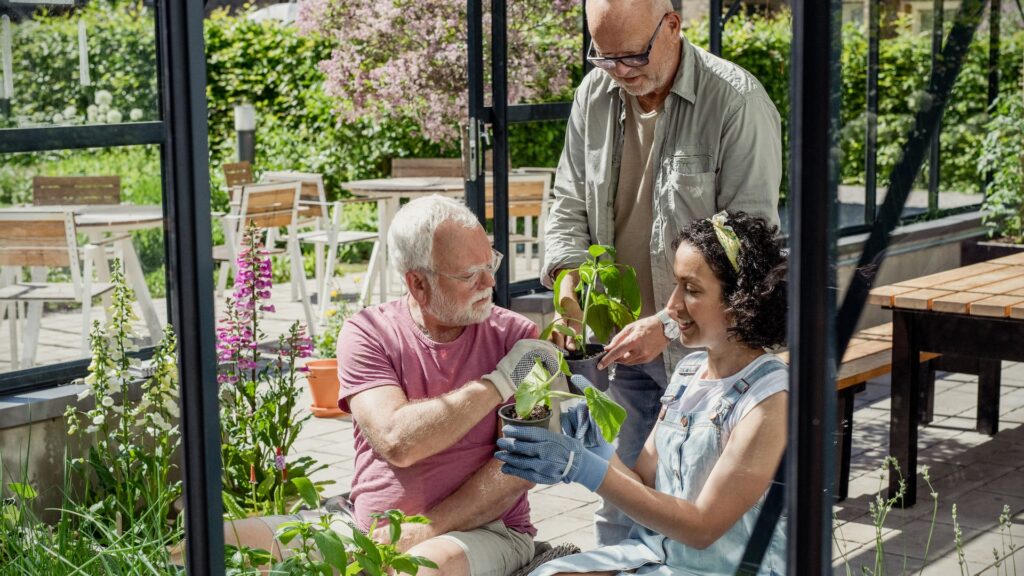
The triple win of happy neighbourhoods
The connection between happy, sustainable and inclusive places
Today, there is also an increased interest in studying the intersection between urban design and happiness, and urbanists argue that developing places that make people happier will be key to tackling many of the most urgent challenges of our age, such as climate change, social exclusion and health problems.
That there is a connection between happy, sustainable and healthy places is supported in our study. For example, people who feel their neighbourhood supports an environmentally friendly and sustainable lifestyle report being 37 percent happier in their neighbourhood, and those who feel their neighbourhood supports a healthy lifestyle report being 31 percent happier in their neighbourhood. Thus, developing neighbourhoods that are sustainable is not only crucial if we want to make less damage to the climate, but is also key to elevate peoples’ happiness.
31%
Those who feel their neighbourhood supports a healthy lifestyle report being 31 percent happier in their neighbourhood.

A tip from the happiness expert: Connnect through common interests
Local community empowerment as a force to tackle global challenges
Many of the activities we engage in in our neighbourhoods, such as maintaining the neighbourhood, sharing spaces and things and helping our neighbours not only have positive effects on the local, personal and interpersonal level. Lately, it is becoming highlighted that community engagement and social activities can also have great, long-term impact on a global level. Many community projects – such as community gardens, car-pooling, swap shops and repair cafés – play an important role in reducing emissions, and at the same improve the citizen’s health and well-being, while reducing poverty and increasing local control. Thus, by engaging more in “neighbourhood happiness amplifier” activities, we can all contribute to a positive change and make the world happier, more sustainable and equal. Global change starts with local action.


Want to learn more about what makes a happy neighbourhood? Read our report.
This is just a taste of all there is to learn about happy neighbourhoods. Download the full report to deep dive into the importance of neighbour relations, what you can do to create happier neighbourhoods and the connection between happy and sustainable neighbourhoods.